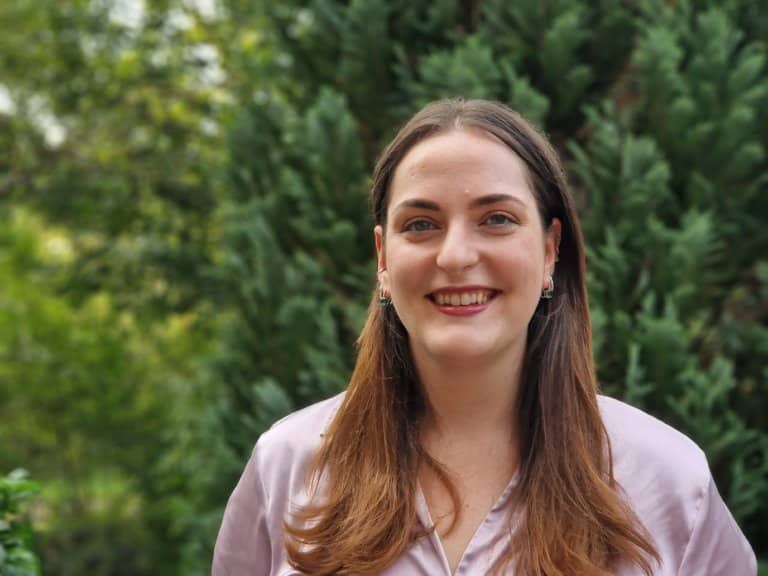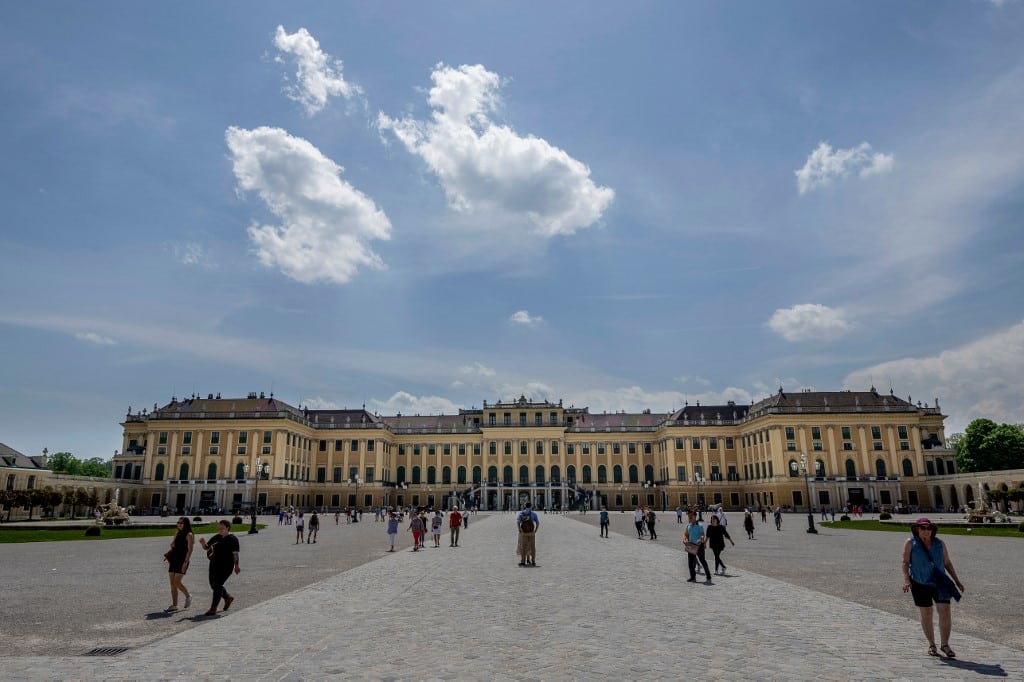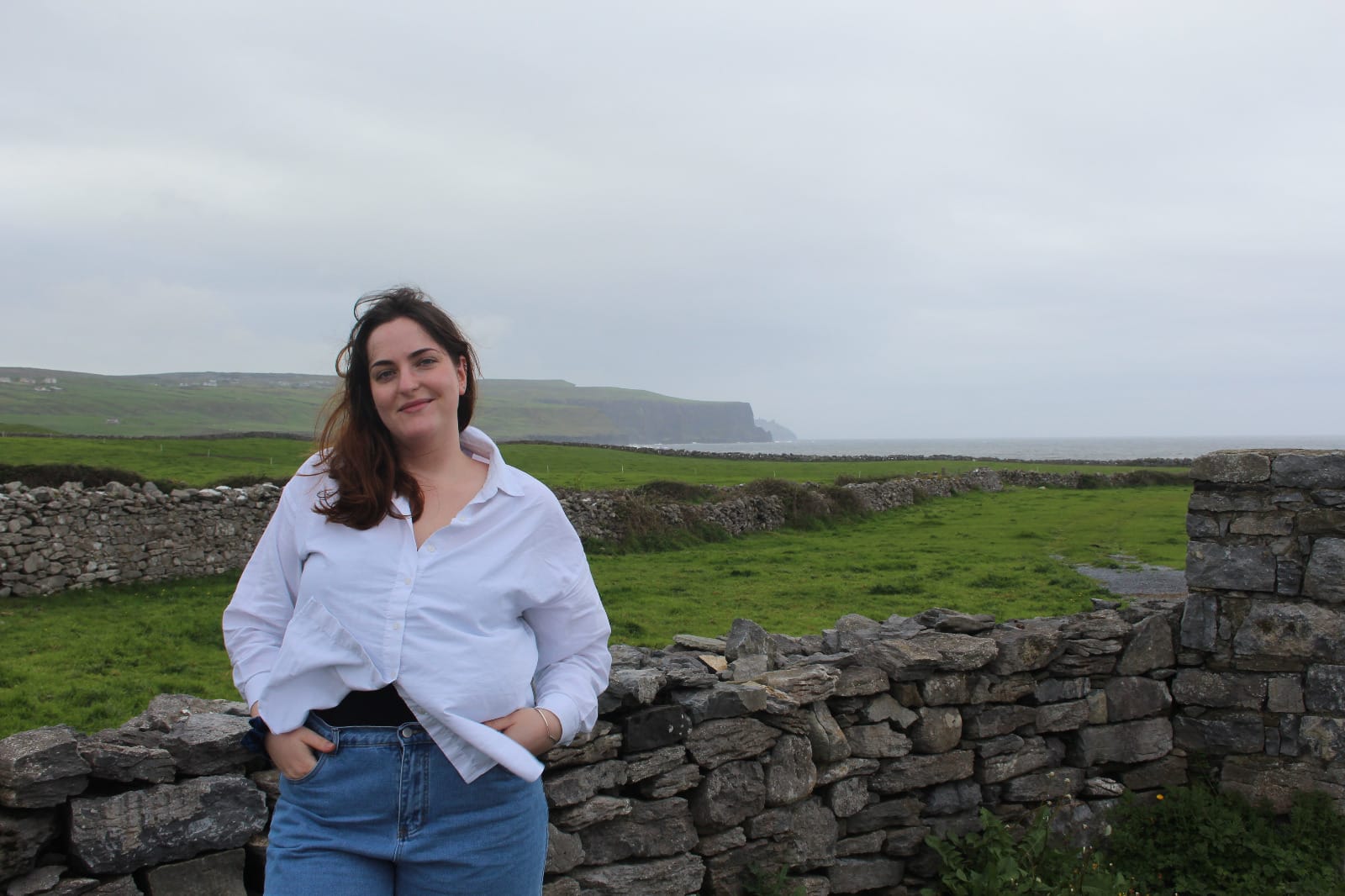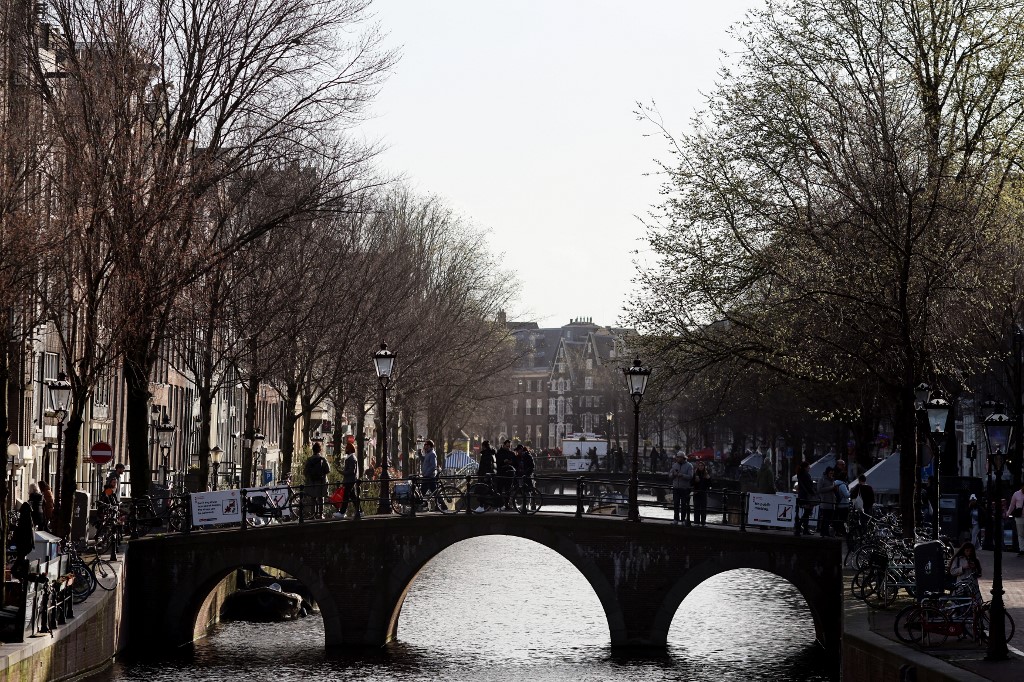
Sofia Piermarini has earned two master’s degrees in Europe. They were in the field of business and management this year as well as European Politics and External Relations in 2021.
With these, some would say she now has double the opportunities to start or advance her career. Others may think she has double the cost — one master’s degree is a costly affair (around 243 euros a year for tuition fees in French universities and between US$14,440 to US$42,000 in UK universities) and loses you an entire year’s worth of salary.
Two master’s degrees in Europe amount to twice this.
But it is possible to avoid or mitigate this, as Piermarini did.
As she earned her two master’s degrees in Europe, she maintained a professional life.
She was Secretary of the Board and Co-founder of the student association CIROS. She also worked in several roles that ranged from event management, to marketing, education, and administration.
“This past year, I worked as Events and Content Assistant for aparto Student, where I managed over 60 events and participated in countless more,” she wrote in a LinkedIn post.
“It was such a rewarding and invaluable experience, in so many ways. Above all, it helped me realise my passion for digital marketing. I have explored this topic through my #dissertation on Social Media Marketing, and I look forward to pursuing this avenue further in the future.”
While landing one of the highest-paying jobs in the world is a dream for many, a journey like Piermarini that lets us discover who we are can be priceless.
While earning her two master’s degrees in Europe, she took French classes, studied philosophy, wrote, painted anything she could get her hands on, read as many books as she could, travelled to cities unknown, and many more.
She’s experienced a variety of cultures, cities and ways of life. Most enviably, she has clarity over what she wants to do next.
Not everyone needs to follow their passion in their careers, but in a world where over half of workers say they’re not engaged at work and are doing the bare minimum to meet their job requirements, Piermarini’s clear sight of what she wants to do in her life will help her avert a “miserable work experience” at the very least.
In fact, speaking about the next chapter in her story, she said she’s “incredibly excited at the prospect of jumping back in.”
We caught up with Piermarini to learn more about her two master’s degrees in Europe, her experience living in many countries and what the future holds for her:

Sofia Piermarini grew up in Rome. Source: Sofia Piermarini
You were born in Italy and lived in many other countries. What were they?
I was born in Rome, Italy, where I spent my early childhood. When I was seven years old we moved to a little town called Abingdon, in Oxfordshire, UK.
I attended a European School there for my primary school years. Then when I was 12 we moved to Munich, Germany, where I stayed until I graduated from high school.
In 2017, I started my bachelor’s degree in The Hague, Netherlands; and then in 2020, I did my first master’s degree in Amsterdam.
After a year off, I moved to Dublin for my second master’s degree at Trinity Business School! Now, I am considering moving back to the Netherlands for my PhD: or else, moving to Vienna to find work.
I love Vienna as a city, and am excited at the prospect of living in yet another country!

People walk in front of Schoenbrunn Palace on a sunny spring day in Vienna, Austria on May 22, 2023. Source: AFP
What were some of the most exciting things you learned about people’s culture, food and lifestyles while you lived abroad and pursued master’s degrees in Europe?
I think it is important to mention that the five countries I have lived in thus far have all been Western European countries.
There are still so many cultures out there for me to experience, and I hope to do so in the future! However, I was surprised to experience such different cultures, even among neighbours.
Personally, I think the most interesting insight I gained was how the people in each country have an entirely unique way of viewing the world.
More often than not I noticed this in the unspoken behaviour and habits of the people around me. I was surprised that something like the definition of kindness can change from country to country.
For example, say one day I went to university not looking my best because I was feeling particularly tired that day.
In Ireland, my friends would probably not say anything about my appearance, and just ask me how I am.
In the Netherlands, however, my good friends have, more than once, come up to me and told me that I look really tired.
See, in Ireland, it might be considered rude to comment on someone’s appearance; whereas in the Netherlands, it would be a way to show genuine concern for your friend.
Both are being kind but in their own way!
What made you choose Trinity Business School? Was there anything in particular that attracted you?
I chose Trinity Business School for one specific reason: the course I applied to, the Management MSc, was specifically tailored for non-business graduates.
I had a background in Political Science; and hence, I was not eligible for a lot of the other business programmes out there.
However, I happened upon the TBS website and found this incredible course which not only offered in-depth insights into all master’s degrees, but simultaneously served as an introduction to the business world.
This, coupled with Trinity College’s excellent international reputation, made it the best option for my future career path.

Sofia Piermarini has completed two master’s degrees in Europe. Source: Sofia Piermarini
What was the school application process like? Did you encounter any challenges?
I remember the application process being relatively smooth and easy to navigate. Of course, I had to make sure I had all the required documents sorted, which took some time: transcripts, motivation letters, reference letters, and so on.
But the staff at the Recruitment Office were incredibly helpful and available: whenever I had any concerns or questions, all I had to do was send an email.
I didn’t really encounter any challenges, except perhaps the time frame. I think my advice to anyone thinking of applying is to be mindful of the deadlines: applying takes longer than you think!
I would recommend giving yourself ample time, at least a few weeks, to make sure you can gather everything you need.
Now that you’ve been there, who were some of your favourite lecturers and why?
This is a difficult question! I enjoyed so many of my classes this year. However, if I had to choose, I would say my favourite professors were Dr. Kisito Futonge, Jonathan Ruane, and Prof. Stephen Lane.
Dr. Futonge was our Digital Marketing Management professor. As I mentioned, I had no background in business whatsoever: and in our Digital Marketing class, we just jumped right in, feet first.
We dove into an incredibly wide range of topics in such a limited timespan, and I learned so much. Dr. Futonge’s outgoing and engaging personality made the class incredibly fun.
In fact, I ended up liking the class so much, I decided to pursue Digital Marketing as a future career avenue, and am currently applying for PhDs in media and digitalisation!
Jonathan Ruane was our Entrepreneurship and Innovation professor: his class was probably the toughest of the entire year.
We had it in a block-week setting: that is to say, it was one week of back-to-back lectures for this class. In one week, we had to work in teams to develop an entire business plan, from start to finish.
This was not an easy task! Many late nights were involved. Nonetheless, I loved this class because it was incredibly rewarding.
Yes, it was a lot of work, but it was so satisfying to see just how much you can achieve in a week when you push yourself.
And finally, Prof. Stephen Lane led our Psychology of Management class.
In this class, we learned about everything from the neurobiology of emotions to behavioural patterns in the workplace, to the psychology of leadership.
This class was perhaps the most stimulating out of all.
It gave us an insight into the nature of people, and it was always approached with humour by the professor, who made it one of the most engaging classes of the year.
Overall, I think I enjoyed these classes the most because they were incredibly challenging.
They pushed the boundaries of what I thought I knew, as well as what I thought I could do. They helped me learn more about myself and the world around me.

People take a lunch break in the business and financial sector of Dublin City centre with the Google offices in the background. Source: AFP
What has your experience been like studying at Trinity?
Pursuing a master’s degree is never easy, no matter what university you attend. There is a lot of work to get through, and constant deadlines coming out of the woodwork.
In terms of studying, it was definitely a tough year. The classes were incredibly interesting, but at the end of the day, exams are still exams! And yet, I really enjoyed studying at Trinity.
The social life of the university is incredible. There is an endless array of social or sports clubs one can join: no matter how niche your interest is, you will find people who share it.
Not to mention, there is a pub, the Pavilion Bar, on campus, where many afternoons are spent.
Trinity has a great energy, and there are so many opportunities to have fun. Not to mention, the sheer number of students! It was great being able to meet so many amazing people.

After completing two master’s degrees in Europe, Sofia Piermarini plans to head to The Netherlands to earn a PhD. Source: AFP
After your two master’s degrees in Europe, what are your aspirations for the future?
My most immediate plans have to do with enjoying my summer holidays, and taking some well-deserved time off! I am currently applying for PhDs in the Netherlands, a country that I would love to go back to.
I never thought of myself as someone who would dedicate their career to academia: but, after three degrees, I guess it kind of grows on you!
I found some amazing PhD programmes and am incredibly excited at the prospect of jumping back in.
However, I am still looking around to see if there are any work opportunities in Digital Marketing out there.
There are so many beautiful cities that I would love to live in: Vienna, Berlin, and London, to name a few. I look forward to pursuing my career, wherever it may take me.







